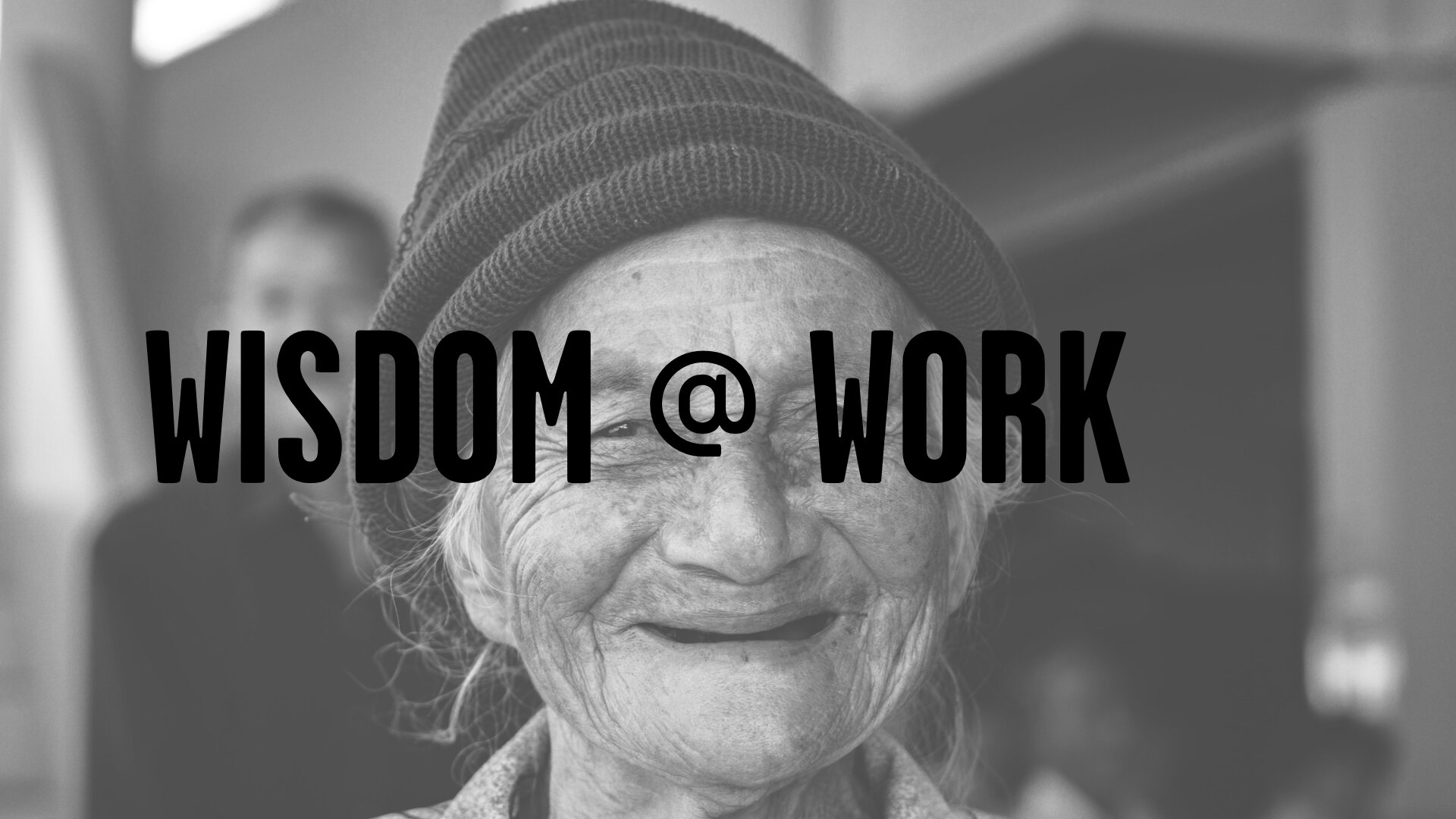
The topics covered under this Track include: Wisdom, Aesthetics, Generosity, Respect, Mindfulness, Trust
The resources below are divided into two categories - journal articles and books/book chapters - and are presented in chronological order starting with the most recent publication. For each publication, the key takeaway relevant for practitioners is presented as an OWL InSight. If you would like more information about that specific research, please contact the author(s) directly - the name(s) of author(s) who are part of the Researcher Circle at OWL are in bold. You can find their email addresses on the Researcher Circle page as part of their profile.
Journal Articles
2021 Elangovan A.R, Hoffman A.J., “The Pursuit of Success in Academia: Plato’s Ghost Asks “What then?””, Journal of Management Inquiry, 30(1):68-73. doi:10.1177/1056492619836729
OWL InSight: The key takeaway from this research is that we need to measure success in our careers by focusing on the meaning, purpose, authenticity and impact underpinning what we do rather than be preoccupied with checking the boxes on society’s metrics of success.
2020 Elangovan, A. R. & Suddaby, R., "Solomons for our Times: Wisdom in Decision-making in Organizations", Organizational Dynamics, 49 (1): https://doi.org/10.1016/j.orgdyn.2019.03.001.
OWL InSight: The key takeaway from this research is that a decision is wise if it is rooted in the logic of the field (logicality), shaped by empathy towards other stakeholders (empathy), and anchored in an ethical principle deemed legitimate in that culture (ethicality).
2017 Tai, C. I., & Xie, J. L. “How incidental confidence influences self-Interested behaviors: A Double-Edged sword”, Journal of Behavioral Decision Making, 30(5): 1168-1181. doi:10.1002/bdm.2032
OWL InSight: The key takeaway from this research is that people are motivated to restore lower incidental confidence. When money was seen as a source of status, people engage in self-interested behaviors that brought financial gains. However, when altruism was seen as the primary source of status, the effect of incidental confidence might reverse.
2015 Elangovan, A.R., Auer-Rizzi, W., & Szabo, E. “It’s the Act that Counts: Minimizing Post-Violation Erosion of Trust”, Leadership & Organizational Development Journal, 36(1): 81-96.
OWL InSight: The key takeaway from this research is that the act of violating one’s trust has a significant negative impact on the trust relationship, even if no material damage is incurred. Plus, any attempt to remedy this violation is helpful to strengthening the relationship.
2006 Elangovan, A.R., Auer-Rizzi, W., Szabo, E., “Why Don’t I Trust You Now? An Attribution Approach to Erosion of Trust”, Journal of Managerial Psychology, Vol. 22(1): 4-24.
OWL InSight: The key takeaway from this research is that, given a high trust situation, trust erodes most when the trustor thinks that the trustee didn’t want to (rather than couldn’t) meet his/her expectations and especially after the second such violation.
1998 Elangovan, A.R. & Shapiro, D. "Betrayal of Trust in Organizations", Academy of Management Review, Vol. 23(3): 547-566.
OWL InSight: The key takeaway from this research is that betrayal of trust in organizations constitutes a voluntary violation of mutually known pivotal expectations of the trustor by the trustee, and stems from an assessment of the benefits, relationship, and principles involved.
Books/Book Chapters
2016 Hrenyk, J., Szymanski, M., Kar, A. & Fitzsimmons, S. "Understanding multicultural individuals as ethical global leaders. In M. E. Mendenhall, J. Osland & M. Lee (Eds.), Advances in Global Leadership (Vol. 9, pp. 55-76). Bingley, UK: Emerald Group Publishing Limited.
OWL InSight: The key takeaway from this research is that multicultural (e.g., Chinese-Canadian/Turkish-German/Arab-American) leaders who are able to compartmentalize their cultural identities seem to be better able to see multiple sides of an ethical dilemma compared to those who internalize their cultural identities or those who identify with one culture.

“If he is indeed wise he does not bid you enter the house of his wisdom, but rather leads you to the threshold of your own mind.”
- Khalil Gibran
